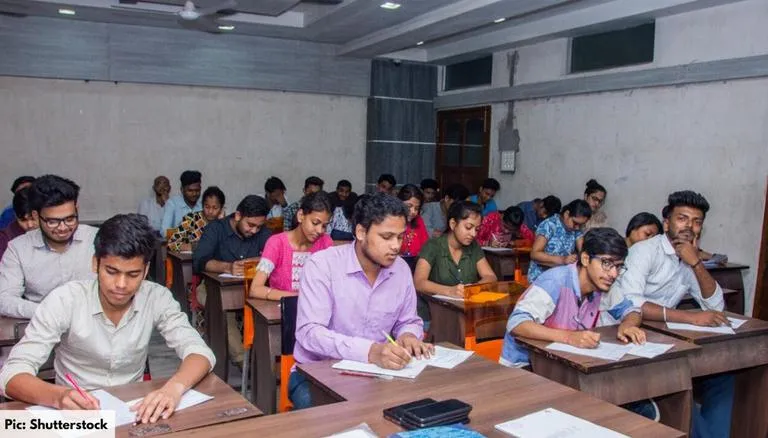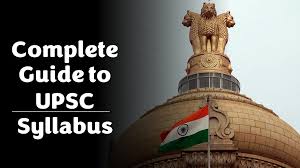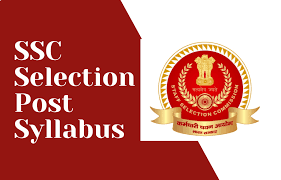IPS Syllabus for Government job:-
IPS Syllabus for Government job:
The IPS (Indian Police Service) examination is conducted by the Union Public Service Commission (UPSC) for recruitment to the IPS cadre. The syllabus for the IPS examination is as follows:

Preliminary Examination: Paper-I: (200 marks, 2 hours duration)
- General Studies: Current events of national and international importance, History of India and Indian National Movement, Indian and World Geography, Indian Polity and Governance, Economic and Social Development, Environmental Ecology and Biodiversity, and General Science.
- As mentioned earlier, the Preliminary Examination Paper-I for the IPS exam covers general studies. The exam is designed to test the candidate’s knowledge and understanding of a wide range of subjects, including current affairs, Indian history and culture, Indian and world geography, Indian polity and governance, economic and social development, environmental ecology, and biodiversity.
- Here is a broad overview of the topics covered in Paper-I:
- Current events of national and international importance: This section tests your knowledge of current affairs and events that are making headlines at the national and international level.
- History of India and Indian National Movement: This section covers Indian history from ancient times to the present day, with a special focus on the Indian national movement and the contributions of various freedom fighters.
- Indian and World Geography: This section tests your understanding of the physical, social, and economic aspects of Indian and world geography.
- Indian Polity and Governance: This section covers the Indian Constitution, political systems, and governance in India.
- Economic and Social Development: This section tests your understanding of India’s economic and social policies, as well as issues related to poverty, inequality, and development.
- Environmental Ecology, Biodiversity, and Climate Change: This section covers environmental and ecological issues, including climate change, biodiversity conservation, and sustainable development.
- To prepare for this exam, you should focus on developing a deep understanding of each of these topics. You can do this by studying from reliable sources, including NCERT books, newspapers, magazines, and online resources. You should also take practice tests and attempt previous years’ question papers to get an idea of the type of questions asked in the exam. Finally, stay updated with the latest news and developments in all these areas to perform well in this exam.
Paper-II: (200 marks, 2 hours duration)
- CSAT (Civil Services Aptitude Test): Comprehension, Interpersonal skills including communication skills, Logical reasoning and analytical ability, Decision making and problem-solving, General mental ability, Basic numeracy (numbers and their relations, orders of magnitude, etc.) (Class X level), Data interpretation (charts, graphs, tables, data sufficiency, etc. – Class X level).
Mains Examination: Paper-I: (250 marks, 3 hours duration)
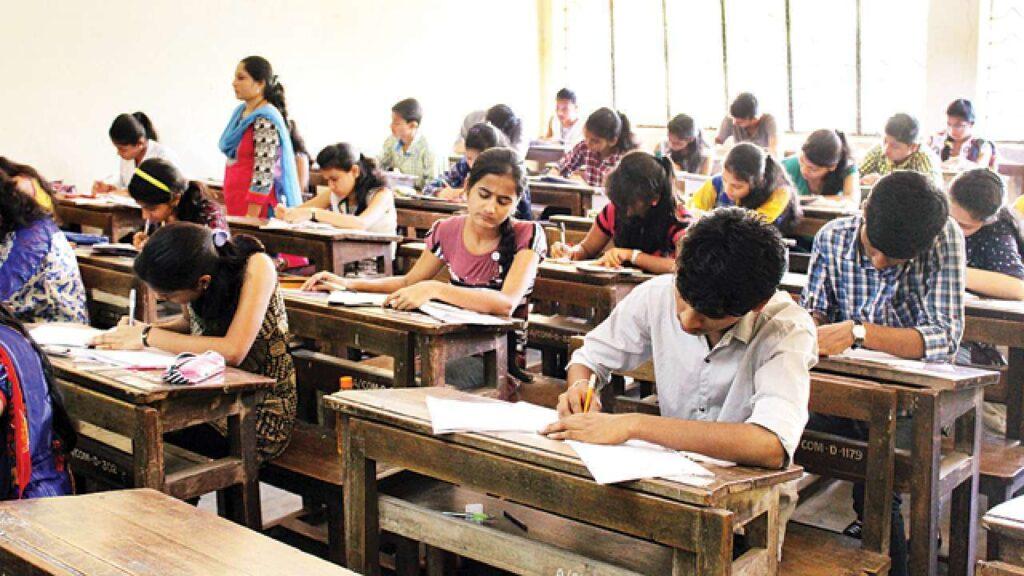
- Essay
Paper-II: (250 marks, 3 hours duration)
- General Studies-I: Indian Heritage and Culture, History and Geography of the World and Society
Paper-III: (250 marks, 3 hours duration)
- General Studies-II: Governance, Constitution, Polity, Social Justice and International Relations
Paper-IV: (250 marks, 3 hours duration)
- General Studies-III: Technology, Economic Development, Bio-diversity, Environment, Security and Disaster Management
Paper-V: (250 marks, 3 hours duration)
- General Studies-IV: Ethics, Integrity and Aptitude
- eneral Studies-IV Ethics, Integrity, and Aptitude is an important paper in the IPS examination. It aims to assess the candidate’s knowledge and understanding of ethical and moral values, integrity, and aptitude in solving complex problems.
- The paper consists of three sections:
- Ethics and Human Interface: This section covers the theories of ethics and morality, and their practical applications in various fields such as governance, business, and personal life.
- Attitude: This section tests the candidate’s attitude towards different issues such as work, society, and life in general. It also covers the concept of emotional intelligence and its importance in personal and professional life.
- Aptitude: This section assesses the candidate’s ability to solve complex problems and make rational decisions. It covers various aspects such as logical reasoning, analytical ability, decision making, and problem-solving.
- To prepare for this paper, candidates should focus on developing a strong understanding of ethical and moral values, integrity, and aptitude. They should read books and articles related to these topics and participate in ethical debates and discussions.
- Candidates should also develop a positive attitude towards life and work, and work on enhancing their emotional intelligence. They can do this by participating in activities that develop empathy and interpersonal skills.
- For the aptitude section, candidates should focus on developing their problem-solving skills and critical thinking abilities. They can practice solving complex problems and take mock tests to improve their analytical ability and decision-making skills.
- In summary, to perform well in the General Studies-IV Ethics, Integrity, and Aptitude paper, candidates should focus on developing a strong understanding of ethical and moral values, integrity, and aptitude. They should also work on improving their attitude towards life and work, and enhancing their problem-solving skills and critical thinking abilities.
Paper-VI and Paper-VII: (250 marks each, 3 hours duration each)

- Optional Subject Papers (two papers)
Note: The candidates have to choose one optional subject from the list of subjects given by the UPSC.
Interview: The candidates who qualify the Mains Examination are called for an interview, which carries 275 marks.
The final score of the candidates is calculated by adding the scores obtained in the Mains Examination and the Interview.
Note: The syllabus for the IPS examination is the same as that for the Civil Services Examination (CSE), except for the Physical Efficiency Test (PET) and the Medical Examination, which are specific to the IPS cadre.
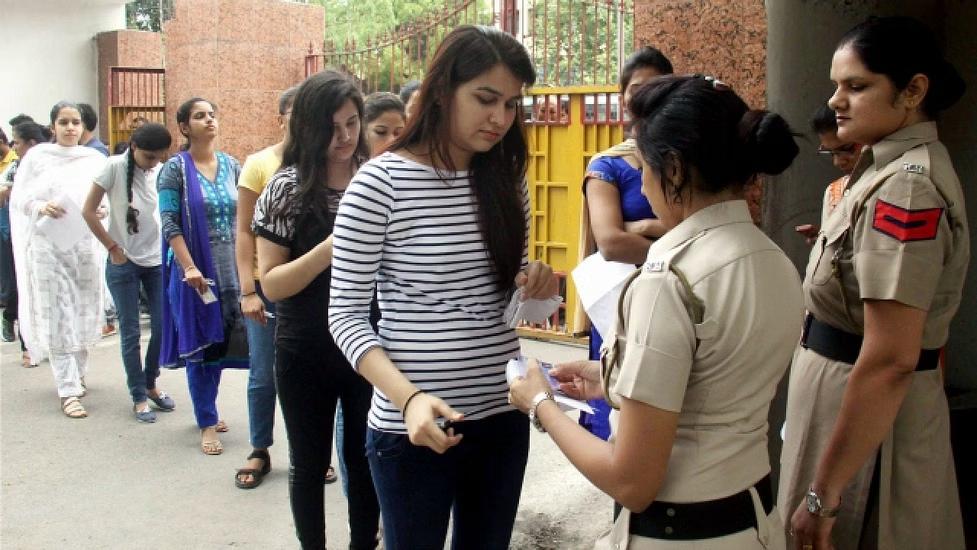
eneral Studies-IV Ethics, Integrity, and Aptitude is an important paper in the IPS examination. It aims to assess the candidate’s knowledge and understanding of ethical and moral values, integrity, and aptitude in solving complex problems.
The paper consists of three sections:
- Ethics and Human Interface: This section covers the theories of ethics and morality, and their practical applications in various fields such as governance, business, and personal life.
- Attitude: This section tests the candidate’s attitude towards different issues such as work, society, and life in general. It also covers the concept of emotional intelligence and its importance in personal and professional life.
- Aptitude: This section assesses the candidate’s ability to solve complex problems and make rational decisions. It covers various aspects such as logical reasoning, analytical ability, decision making, and problem-solving.
To prepare for this paper, candidates should focus on developing a strong understanding of ethical and moral values, integrity, and aptitude. They should read books and articles related to these topics and participate in ethical debates and discussions.
Candidates should also develop a positive attitude towards life and work, and work on enhancing their emotional intelligence. They can do this by participating in activities that develop empathy and interpersonal skills.
For the aptitude section, candidates should focus on developing their problem-solving skills and critical thinking abilities. They can practice solving complex problems and take mock tests to improve their analytical ability and decision-making skills.
In summary, to perform well in the General Studies-IV Ethics, Integrity





